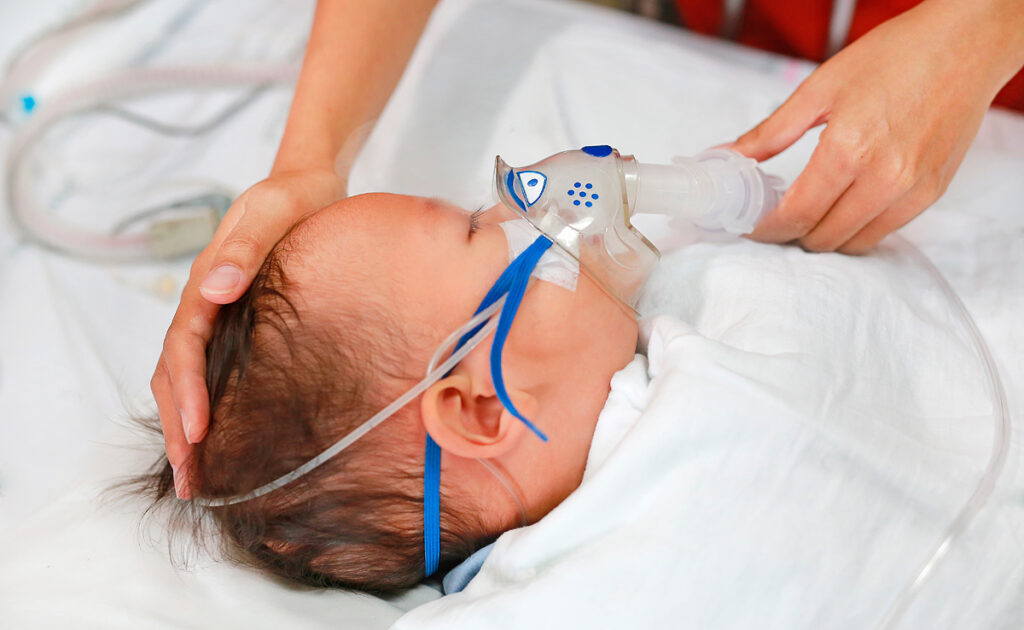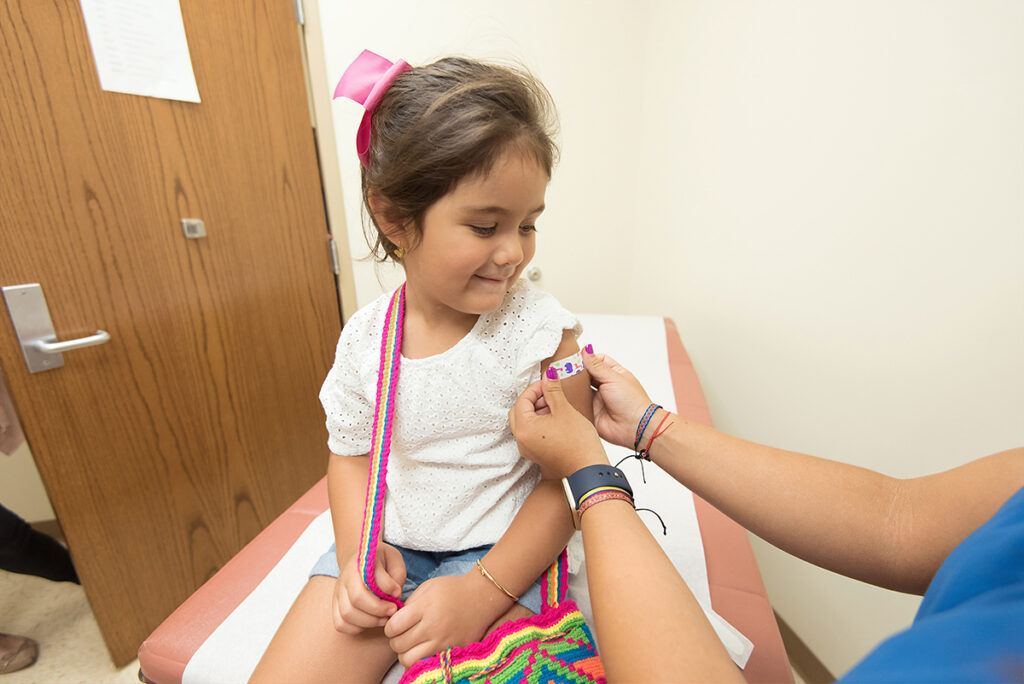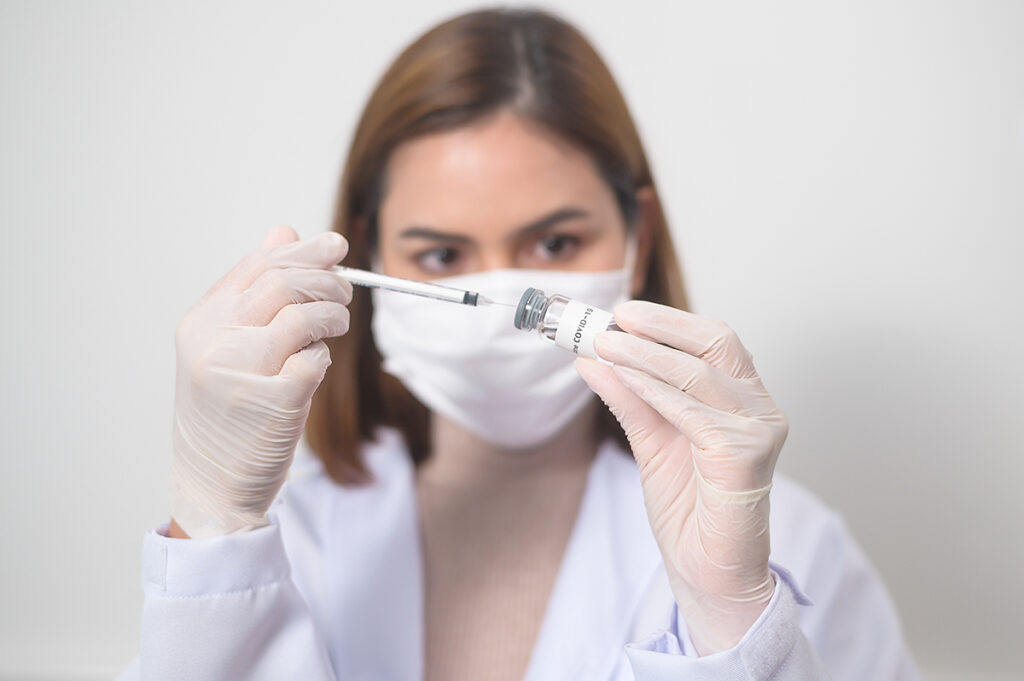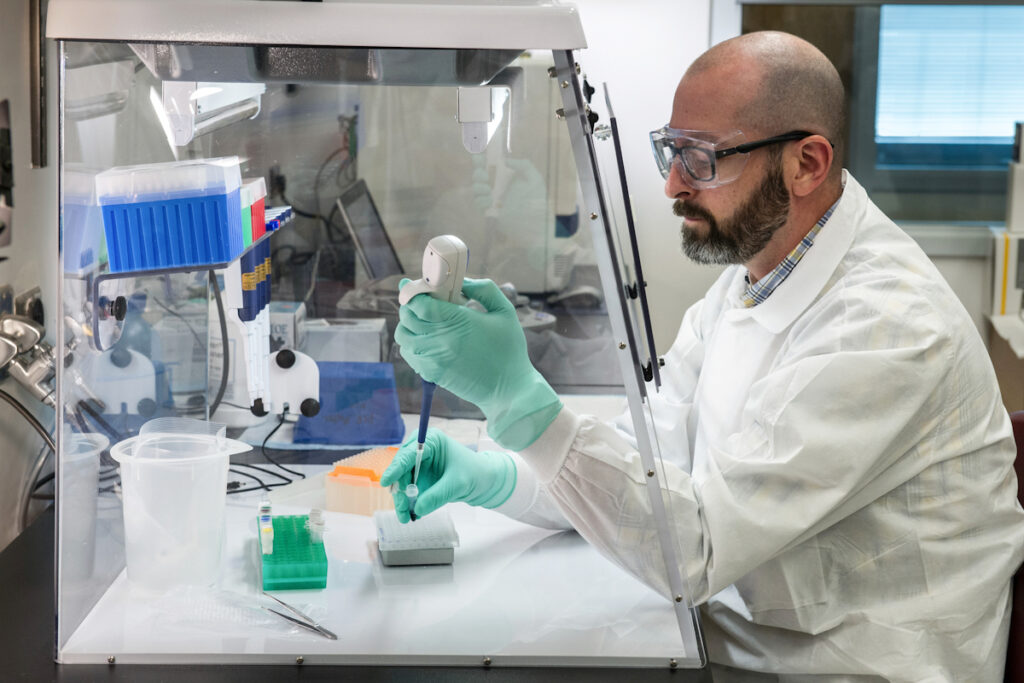Rotavirus causes inflammation of the stomach and small intestine-gastroenteritis. Pathogenic and opportunistic bacteria, protozoa, and viruses can be the causative agents of acute gastroenteritis. Viruses cause 25 to 60% of cases of acute gastroenteritis, and among them, rotaviruses play a leading role. Most often, rotavirus affects young children. The symptoms of rotavirus are fever, headache, vomiting, and diarrhea, which lead to dehydration.
Acute gastroenteritis occupies one of the first places in human infectious diseases, immediately after influenza and acute respiratory infections. In the United States, there are about 200,000 flu-related hospitalizations each year and about 30 million cases of acute gastroenteritis, resulting in 120,000 hospitalizations each year. Worldwide, more than 110 million cases of rotavirus infection (RVI) are reported annually, mostly among young children. About 25 million of them are admitted to the hospital.
Drug therapy of rotavirus gastroenteritis in children is aimed at rehydration, detoxification of the body, and normalization of intestinal microbiocenosis. However, there are no specific drugs for the treatment of rotavirus. Therefore, it is necessary to develop treatment methods aimed at suppressing the replication of rotavirus.
Interferons or drugs that increase the body’s production of interferons have an antiviral effect, blocking the synthesis of viral proteins. For 20 years, interferons have been widely used in treating acute intestinal infections in post-Soviet countries. According to the manufacturing method, interferons are divided into natural – obtained from donated blood – and recombinant-obtained by genetic means. When using recombinant interferons, there is no risk of contracting blood-borne diseases.
Ukrainian virologists conducted a retrospective analysis of the use of recombinant interferon-a2b for the treatment of rotavirus in infants and children. The study used 85 case histories: 56 boys and 29 girls aged 1 to 17 days, born between 2001 and 2002. The newborns were hospitalized in a severe condition: clinical manifestations of gastrointestinal disorders, hypoxic or hypoxic-hemorrhagic lesions of the central nervous system, hyperbaric bilirubinemia, respiratory distress syndrome.
All patients were examined for the presence of rotavirus in the feces. Rotavirus was detected in 60 patients (70.6%).
All patients received drug therapy with enteral nutrition every 6-8 hours, depending on the clinical condition. In addition, infants with grade II dehydration received infusion drug therapy for detoxification, rehydration, and partial parenteral nutrition. For bacterial complications, antibacterial pharmacotherapy was prescribed, taking into account the sensitivity of bacteria to antibiotics: gentamicin, second-generation cephalosporins, polymyxin, etc. If necessary, additional symptomatic pharmacotherapy was prescribed.
31 patients with rotavirus received interferon-a2b drugs administered rectally in the form of suppositories (after a cleansing enema) with a daily dose of 50-100 thousand mg. IU per kg of body weight. The course of treatment lasted 3-5 days. No complications were observed with the use of interferon-a2b.
| Total patients | Took interferon-a2b drugs | Did not take interferon-a2b drugs | |
| Patients without rotavirus | 25 | 16 | 9 |
| Patients with rotavirus | 60 | 31 | 29 |
The severity of the main symptoms was significantly reduced with the addition of interferon-a2b, regardless of the presence or absence of rotavirus. Graphically, this is reflected by the curves of the days of hospitalization (HD) with a 95% confidence interval:

In patients with rotavirus who took interferon-a2b as part of complex pharmacotherapy, the clinical manifestations of the disease decreased faster. HD curves with a 95% confidence interval for RV-positive patients:
Conclusions
Rectal use of recombinant interferon-a2b in rotavirus in newborns may increase the clinical effectiveness of complex drug therapy. Interferon-a2b helps to eliminate the clinical manifestations of rotavirus faster. The addition of interferon-a2b to the complex treatment of rotavirus gastroenteritis is cost-effective and can reduce the burden on the health care system.




